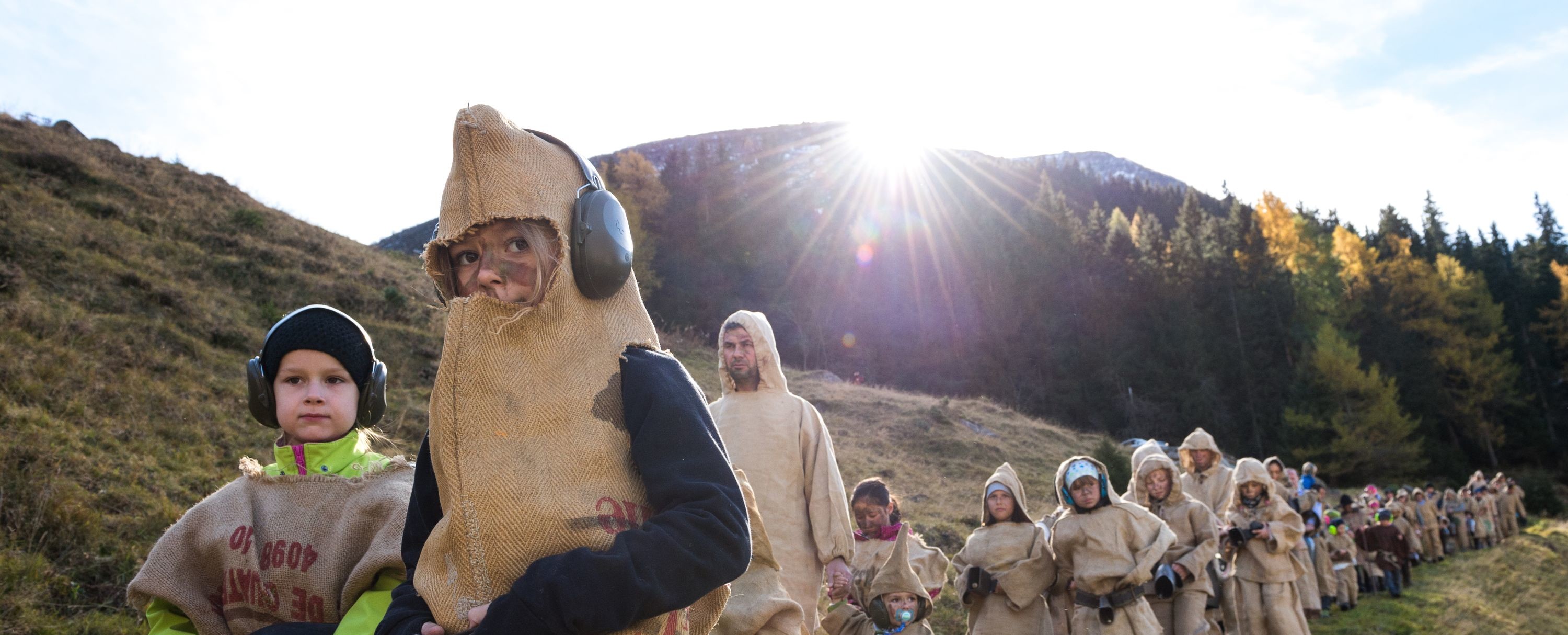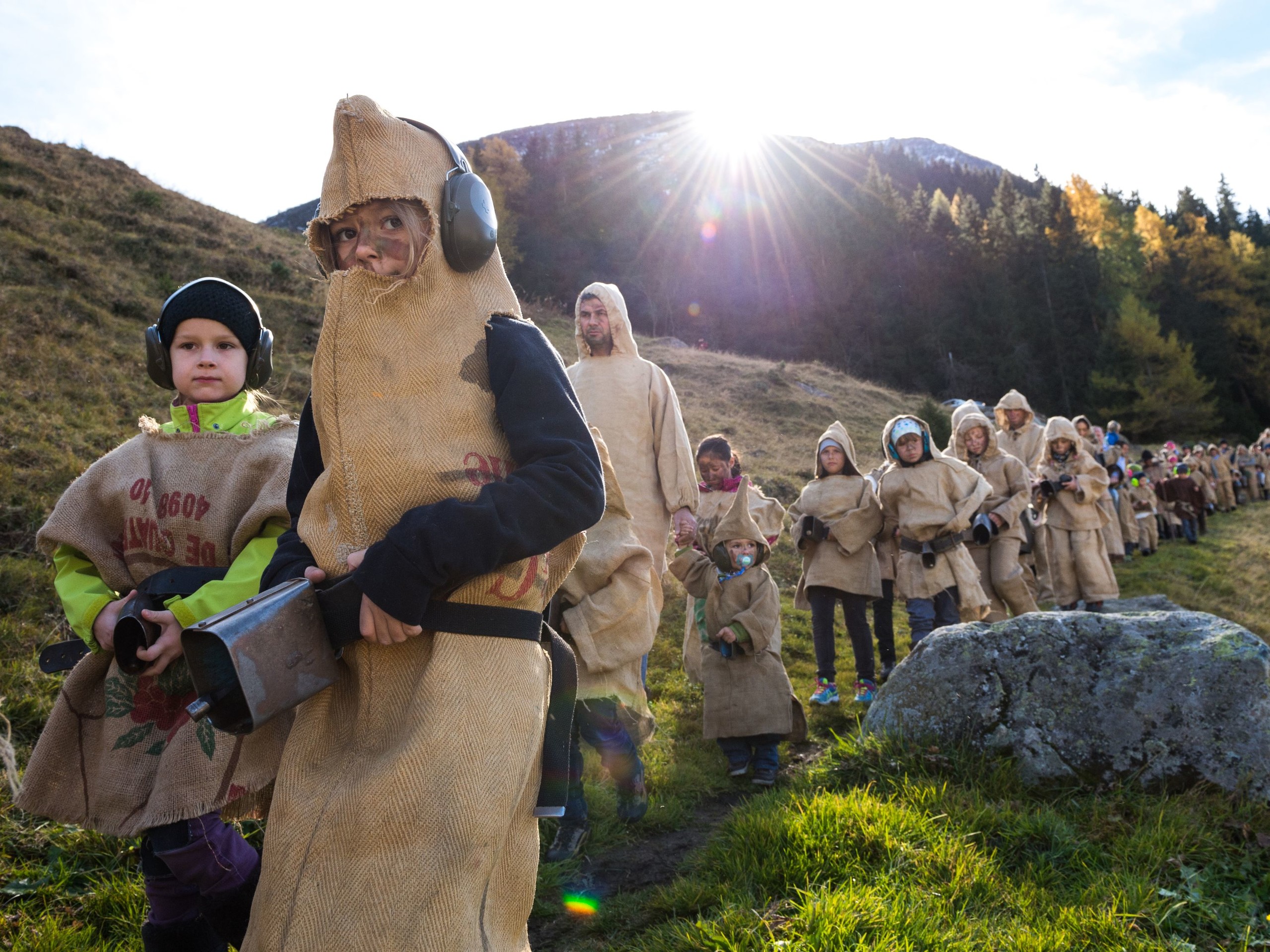Tel. +41 41 888 71 00
Thu, 18. April 2024
Weather
-
Today 18. April 20244°C Heavily cloudy -5°C
-
Tomorrow 19. April 20243°C Cloudy -7°C
-
Saturday 20. April 20242°C Snowfall -4°C
Alpine Passes
Current road reports, accessibility of pass roads, first-hand information about pass regions.
Spellbinding Alpine Passes
Webcams
![Webcam image]()


